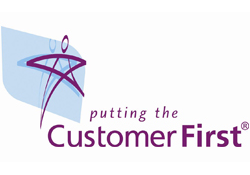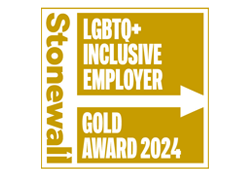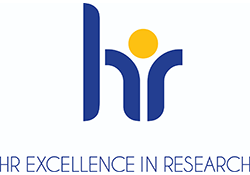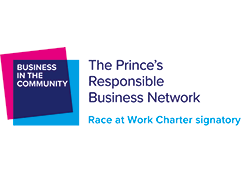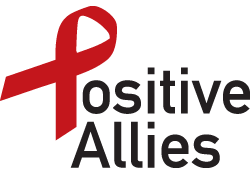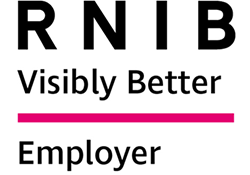Inclusive language guidance
Inclusive language can make a difference
Teesside University will be inclusive through our use of language and ever mindful of those we risk excluding through our words and phrases.
We know that language is fluid. As we learn more about one another, our understanding of language develops and some words become no longer appropriate. We will speak clearly and sensitively when discussing language with others, recognizing the diversity of personal meanings of language people may hold and their lived realities. This guidance is a reflection of this; although there is suggested language and examples of what to avoid, it is important to apply general inclusive language principles and be open to constantly learning and unlearning. We welcome suggestions and alterations - this is a living resource.
Language is a powerful tool in shaping perceptions, behaviours, and social norms, making it crucial in the context of inclusivity. It plays a central role in how we understand, relate to, and include others. Inclusive language is essential for fostering a university environment where everyone feels respected and valued. It involves choosing words that avoid stereotypes, acknowledge diversity, and are sensitive to the experiences and identities of others. Everyone has unique preferences regarding language and identity, and language itself is constantly evolving. While there are no fixed rules, understanding a few key principles can help you take a more inclusive approach in your everyday interactions.
Guidance on using inclusive language
- We do not use discriminatory terminology.
- We avoid using unnecessary descriptors that refer to a person's race, gender identity, age, disability, religion, sex, sexual orientation, socioeconomic status, religion, or beliefs, unless those descriptors are relevant to the text.
- Avoid using gender-specific language when referring to groups or individuals whose gender is unknown or irrelevant.
- Use terms like 'they/them' instead of 'he/she' when referring to someone whose gender isn't specified.
- Replace terms like 'chairman' or 'policeman' with 'chair' or 'police officer'.
- Always respect the pronouns people use for themselves, such as she/her, he/him, they/them, or others.
- If you are unsure about someone's pronouns, it's okay to ask politely or use their name until you know.
- Use language that is respectful to people with disabilities. Avoid words and phrases that belittle or imply negativity about disabilities.
- Be aware of cultural backgrounds and avoid terms or phrases that could be seen as dismissive or stereotyping.
- Recognize the importance of names and pronunciations, trying to get them right.
- Avoid making assumptions based on someone's ethnicity, nationality, or religion.
- Avoid terms that could be seen as patronizing or dismissive based on age.
- Use age-neutral terms and avoid stereotypes about age groups.
- Avoid language that assumes certain behaviours or characteristics based on someone's background, identity, or group membership.
- Generalisations can perpetuate stereotypes and reduce individuality.
- Avoid terms that could be seen as patronizing or dismissive based on age.
- Use age-neutral terms and avoid stereotypes about age groups.
Resources
These resources include up-to-date, detailed information about inclusive language and terminology:
- Home Office
- A practical guide to gender-neutral writing
- Equality Act 2020 (Equality and Human Rights Commission)
- Glossary of terms (Stonewall)
- Language and Pronouns (gendered intelligence)
- Religion and Belief (Advance HE)
- Social Model of Disability: Language (Disability Rights UK)
- The usefulness of gender neutral language (gendered intelligence)
- Use of language race and ethnicity (Advance HE)
- Words to use and avoid when writing about disability
- Oxfam








